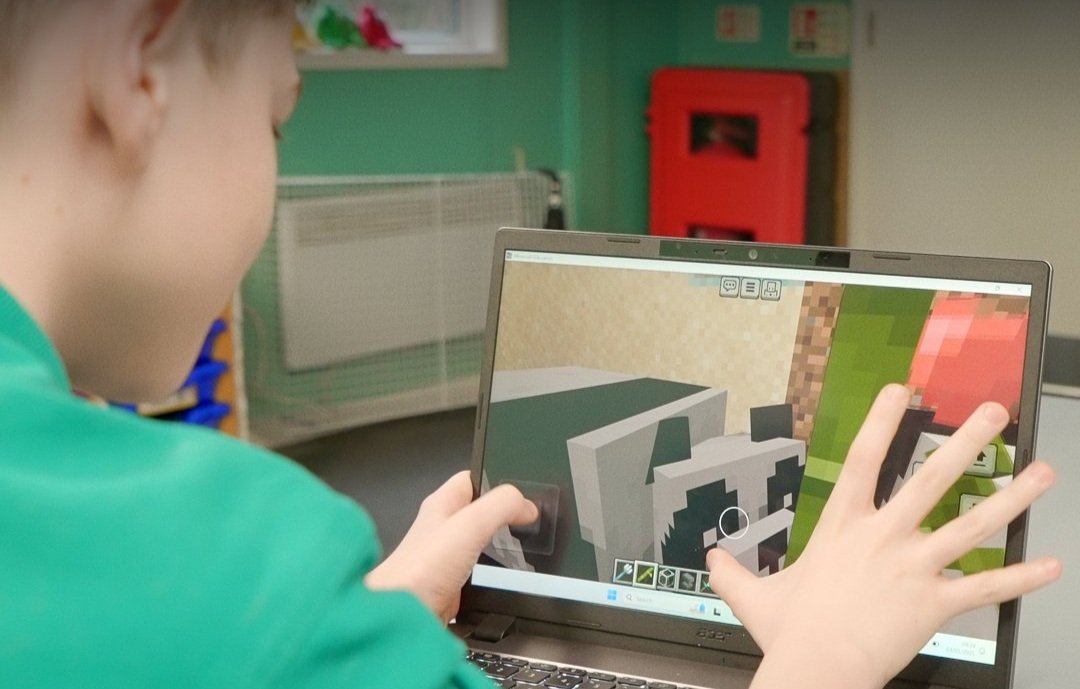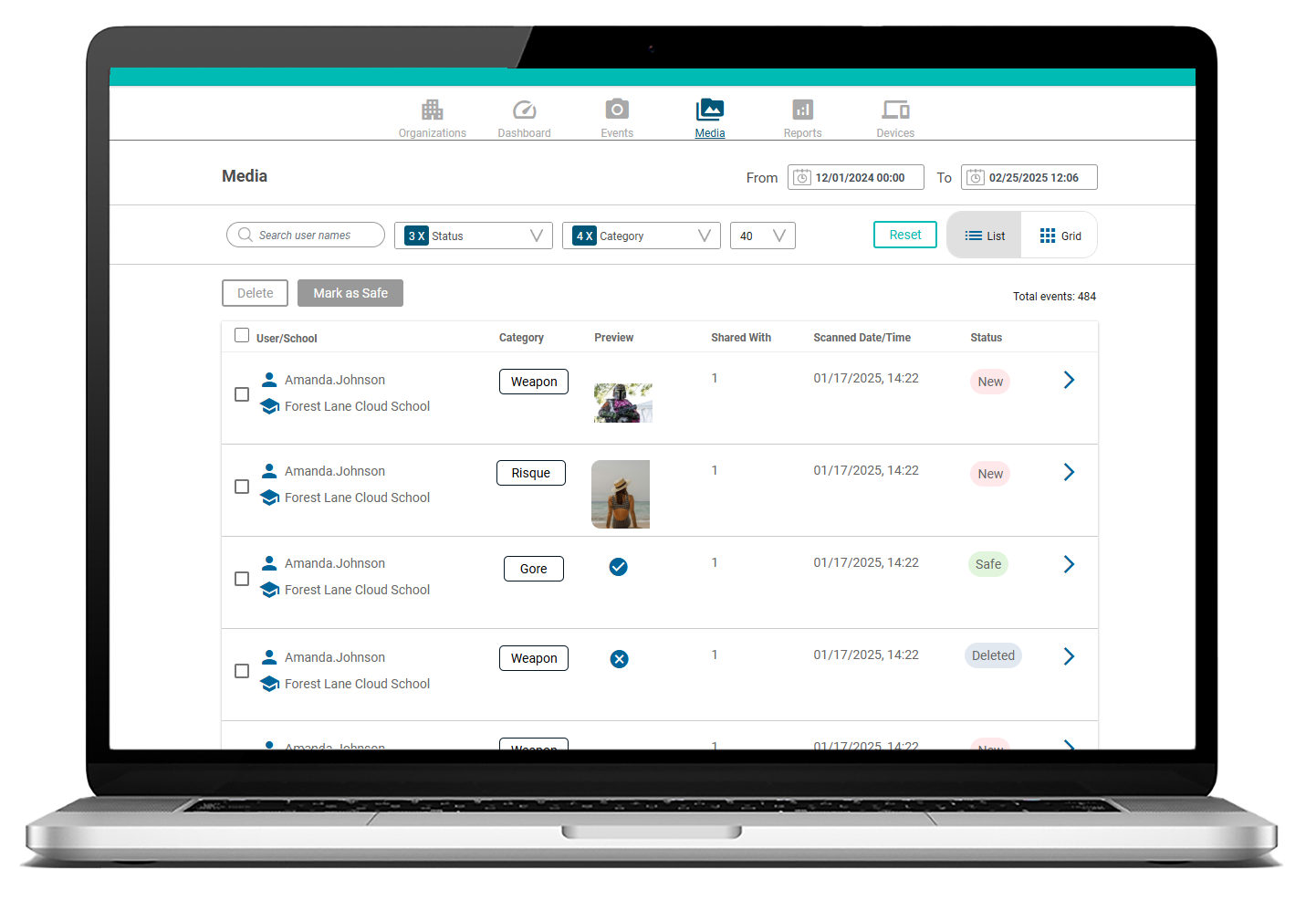AI-Powered touchless computing enhances learning for autistic students at Sybil Elgar School
A new trial at the National Autistic Society’s Sybil Elgar School is testing AI-powered touchless computing to improve accessibility in education for autistic students.
Developed in collaboration with University College London (UCL) Computer Science and MotionInput Games, the technology enables students to interact with digital content using body movements rather than traditional input devices.
The software, which operates with a laptop, webcam, and AI-driven gesture recognition, allows students to control games and learning applications without specialized hardware. Researchers and educators are assessing its potential benefits for engagement, motor skill development, and independent learning.
Located in West London, Sybil Elgar School has provided specialist education for autistic students for nearly 60 years. The school’s curriculum integrates teaching and therapy to build confidence, communication skills, and independence. As part of this initiative, students are using a new motion-based game, ‘Superhero Sportsday,’ designed by a team of UCL Computer Science Master’s students.
Marius Byleveld, Accessibility and Innovation Coordinator at Sybil Elgar School, said, “It’s an exciting time for our students at Sybil Elgar School. They are using cutting-edge technology which is enhancing their education and personal development.
“We want this project to push boundaries in inclusive approaches for autistic people so they can gain greater access to latest technology.
“We’d like to thank UCL Computer Science students and MotionInput Games for their creativity and ongoing support. The transformative tools they are creating are not only benefiting our autistic young people but will help create a society that works for all autistic people.”
Professor Dean Mohamedally of UCL Computer Science and CEO of MotionInput Games said:
“It was incredibly heart-warming to see the pupils having so much fun with our games. They proved so intuitive for them to play. Congratulations to the MSc UCL Computer Science students who built Superhero Sportsday, with the MotionInput Games team, in just three months!”
The game, set on an interactive island, challenges students to complete various sporting tasks using motion-based controls. The Occupational Therapy team at Sybil Elgar School is working with UCL to customize the software for different needs.
Tess Steventon, Occupational Therapist at Sybil Elgar School, said, “Our Occupational Therapy team is working directly with UCL to tailor games to our students’ unique needs. Superhero Sportsday has proved hugely popular with our autistic young people. The games encourage pupils to develop their motor skills whilst having fun and experiencing a sense of achievement. A mix of relaxing and active games help with self-regulation and our students also enjoy watching and encouraging their friends play while they wait their turn.”
The introduction of touchless computing is part of a broader effort to integrate new technology into learning at the school. A grant from the Worshipful Company of Glovers of London has supported further advancements, including the use of immersive virtual reality (VR) headsets with motion tracking and haptic feedback gloves for skill development.
Jack, a student at Sybil Elgar School, said, “Using MotionInput games and VR is really fun, interesting and clever because it gives me a chance to talk and get work experience. I am also able to exercise and stretch. My favorite games to play are kayaking and windsurfing. I also think VR has great potential for autistic people like me.”





















